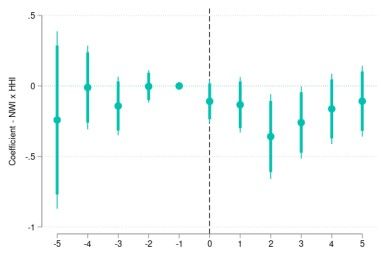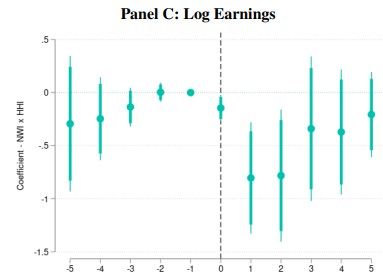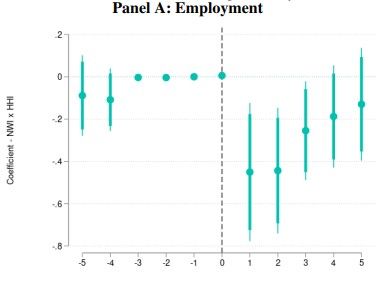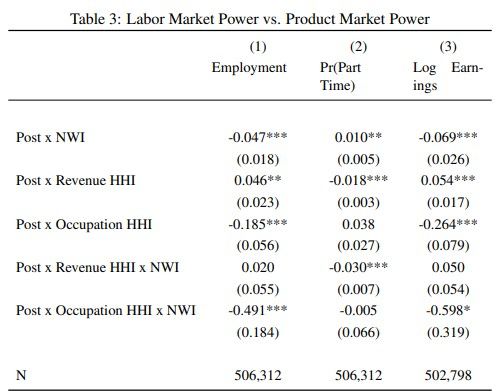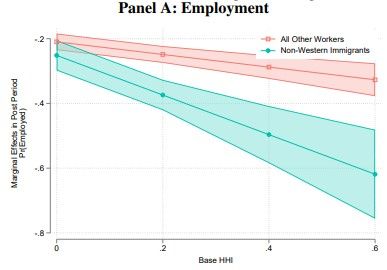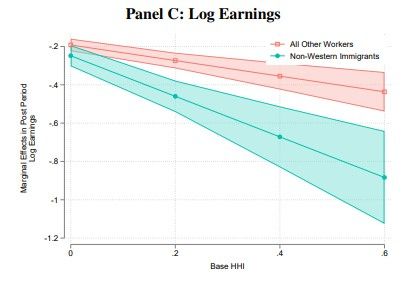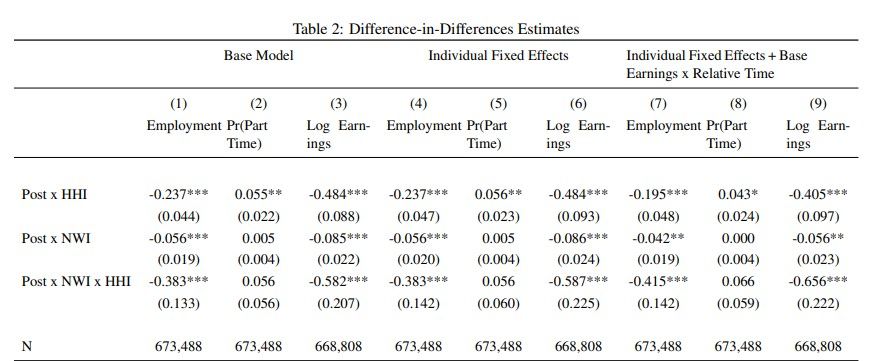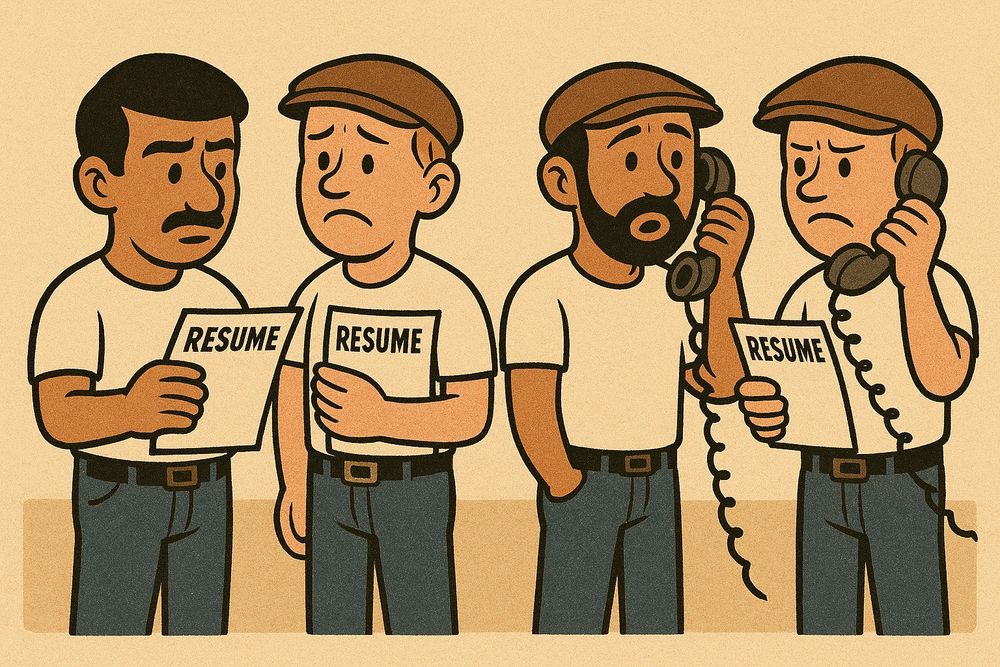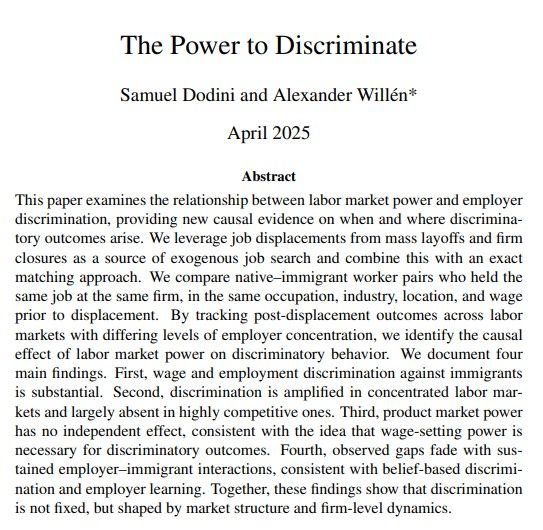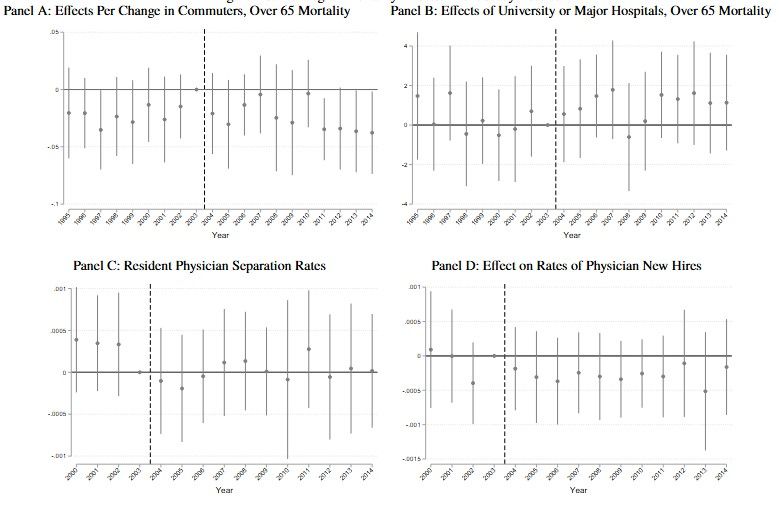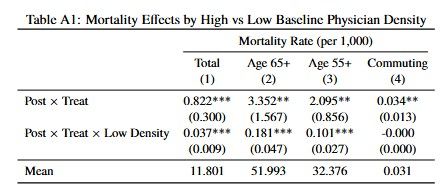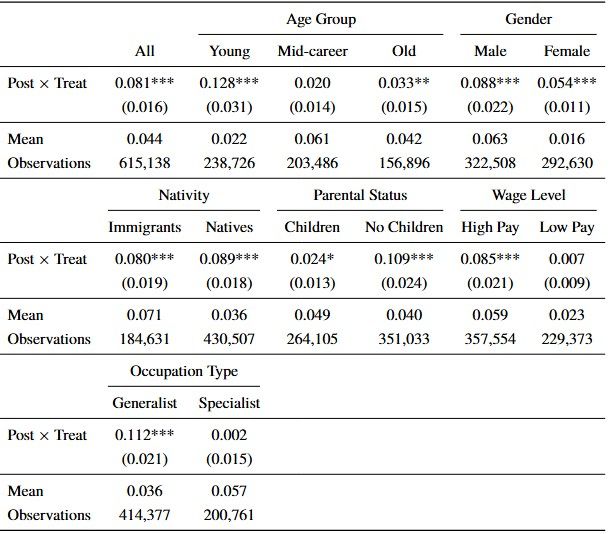Sam Dodini
@microsamonomics.bsky.social
690 followers
580 following
150 posts
Dallas Fed Economist, CESifo, IZA // Labor institutions, imperfect labor markets, public econ // Volleyball and music enthusiast
Views my own
Posts
Media
Videos
Starter Packs
Reposted by Sam Dodini
Emily Parker
@emilyparker.bsky.social
· Jul 29
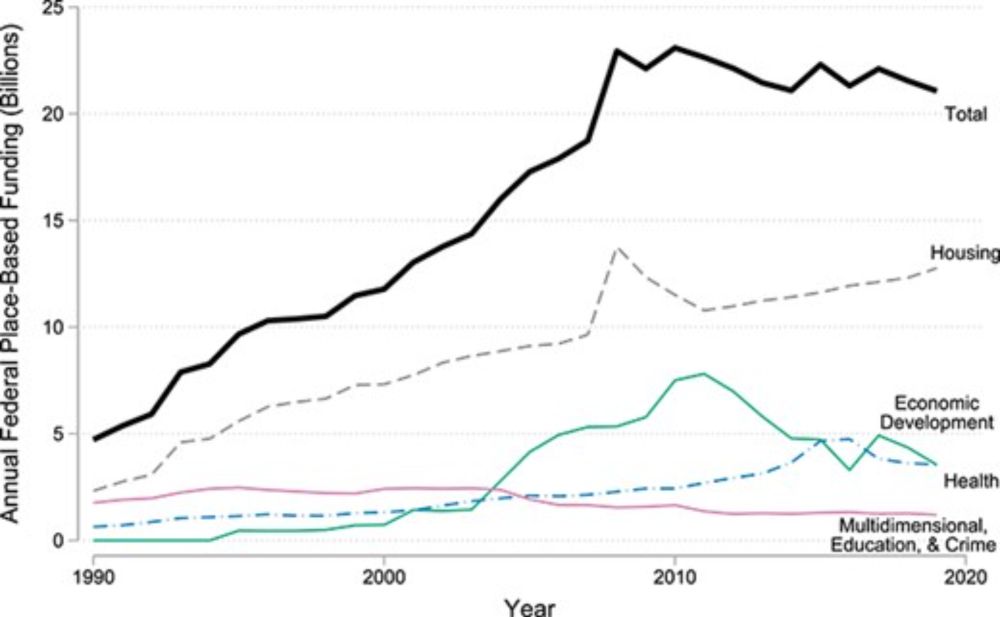
Federal place-based policy and the geography of inequality in the United States, 1990–2019
Abstract. This paper assesses the growth and spatial distribution of federal place-based policies in the United States. Using a novel dataset of federal pl
doi.org
Reposted by Sam Dodini
Jenny Schuetz
@jennyschuetz.bsky.social
· May 13
Sam Dodini
@microsamonomics.bsky.social
· Apr 16
Sam Dodini
@microsamonomics.bsky.social
· Apr 16
Sam Dodini
@microsamonomics.bsky.social
· Apr 16
Sam Dodini
@microsamonomics.bsky.social
· Apr 16
Sam Dodini
@microsamonomics.bsky.social
· Apr 16
Sam Dodini
@microsamonomics.bsky.social
· Apr 16
Reposted by Sam Dodini
Jeva Lange 🫎
@jeva.bsky.social
· Apr 9



